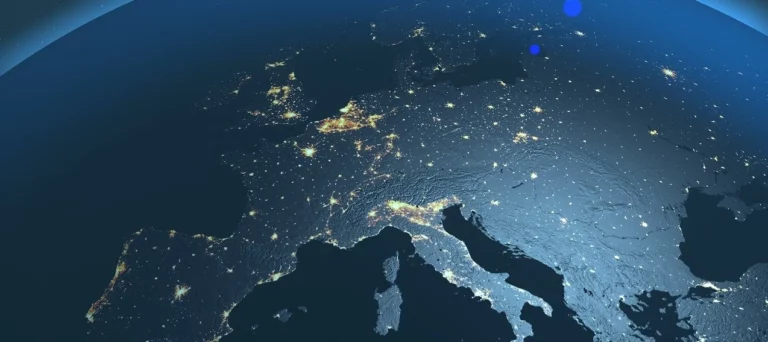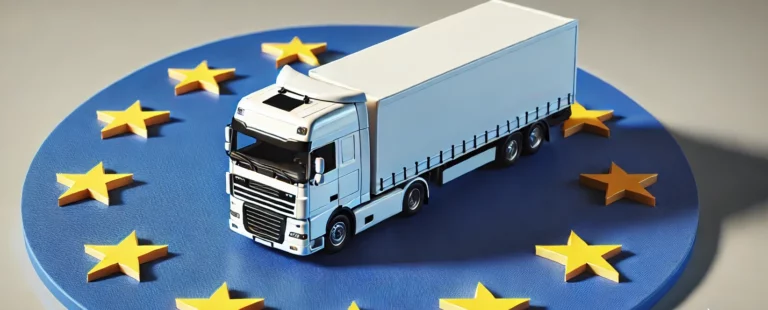Changes to the Waste Framework Directive are coming
The 2008 Waste Framework Directive sets out the basic principles and definitions related to waste management in the EU. It clarifies when waste loses its status as waste and becomes a raw material to be recycled. It also specifies a number of elementary principles of waste management, including, above all, that it should take place in conditions that do not endanger human health and life and do not harm the environment. This year will see the completion of a process to introduce important changes to the document. What will they concern?
On the basis of Directive 2008/98/EC, known as the Waste Framework Directive, EU Member States were supposed to take measures to reduce the amount of waste generated. Over the years, minor amendments have been made to it in response to what is happening in the world. This time will be no different.
The small steps method
Last December, delegations from EU member states met just before Christmas with representatives of the European Parliament under the Presidency of Estonia and accepted the proposed changes to the WFD. These changes are part of the EU Circular Economy package.
The next step was to secure the support of EU ambassadors, which was achieved last Friday, 23 February. The proposed amendments will now go to the European Parliament for a vote, then to the Council of the European Union for formal ratification. This is expected to take place in June. The approved amendments will enter into force 20 days after their publication in the Official Journal of the EU.
Changes for the better
The waste package will contribute to more waste being recycled and will be an important step towards a circular economy. It will also modernise waste management and motivate the re-use of valuable raw materials contained in waste, the representatives of the Council of the European Union argued.

The new rules set recycling targets for municipal waste with a reduction in landfill by specific dates. They also increase the proportion of packaging waste that will be recycled.
Rules not just for the sake of rules
Changes to the Waste Framework Directive stipulate that by 1 January 2025, all EU member states will have to establish separate collection points for textiles and household hazardous waste. "In addition, by the end of December 2023, they should put in place solutions aiming at bio-waste being either collected separately or treated at source (e.g. in home composters)."
Recycling levels for packaging waste are also established to motivate the use of recyclable and reusable packaging.

The Council of the EU also wants the producers of said packaging to be responsible for the waste that is produced in their production process. They will have to pay a certain amount for this.
It was also made clear that EU countries should make every effort to ensure that no recyclable waste goes to landfill from 2030 onwards. The exception may be waste for which landfilling is the best option and least damaging to the environment.
A provision was also adopted whereby member states commit to reduce the amount of municipal waste generated that is landfilled to 10% by 2035.
Source: www.theguardian.comElaborated based on Article by Steve Eminton for www.letsrecycle.com







